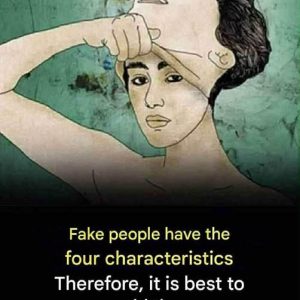U.S. Representative Sheila Cherfilus-McCormick, a Democrat from Florida, has been indicted by a federal grand jury on serious criminal charges. Prosecutors allege that, in 2021, her family-owned health-care firm, Trinity Healthcare Services, received a $5 million overpayment from FEMA under a COVID-19 vaccination staffing contract. Rather than returning the excess, the indictment claims, the money was misused. The government accuses her, her brother, and others of conspiring to siphon off those funds, laundering them, and directing a large portion into her campaign account for her 2021 congressional run.
According to the indictment, the scheme was elaborate: the overpaid funds were routed through multiple bank accounts to hide their origin, and some money was funneled into the campaign via what prosecutors describe as “straw donors” — friends or relatives who allegedly donated money that actually came from the FEMA funds. On top of that, Cherfilus-McCormick is charged with conspiring with her tax preparer to file a false federal tax return. They allegedly mischaracterized personal and political spending as business deductions and inflated charitable contributions in order to reduce her tax burden.
These accusations have drawn harsh public condemnation. The Attorney General called the alleged misuse of disaster relief money “selfish” and “cynical” — emphasizing that taxpayer funds are meant to support communities, not personal political ambitions. Prosecutors argue that if these allegations are proven, it would undercut trust in emergency relief mechanisms and highlight serious gaps in accountability. The stakes are significant: the indictment suggests very real penalties, including decades in prison if convicted.
Politically, the indictment has ignited calls for her expulsion. A resolution was filed by a Republican colleague in the House to remove her from Congress entirely — a dramatic move that underscores how serious the charges are perceived to be. However, expulsion is difficult: it requires a two-thirds vote, and the chamber’s partisan dynamics make that threshold hard to reach. Still, the resolution signals a major political risk, and the case is likely to dominate headlines as both her legal defense and political future play out.
The timing of the legal case intersects with an ongoing House Ethics Committee investigation. That inquiry, which began well before these indictments, has examined whether Cherfilus-McCormick blurred the lines between her congressional role and her business as CEO of Trinity. Ethics reviewers have flagged potential violations, including unreported campaign activity and the possible use of her Congressional office for campaign purposes. The new criminal charges may deepen the ethical exposure she faces and could influence the outcome of the ethics investigation.
Taken together, these developments place Cherfilus-McCormick in “deep legal and political peril.” The allegations strike at the core of public trust — not just about her personal conduct, but about how pandemic funds were distributed and overseen. If true, the charges would renew broader debates about transparency in emergency relief, the risk of conflicts between elected office and private business, and the safeguards needed to prevent misuse of taxpayer dollars. Regardless of the trial’s outcome, this case may prompt new calls for stricter oversight and reform.




